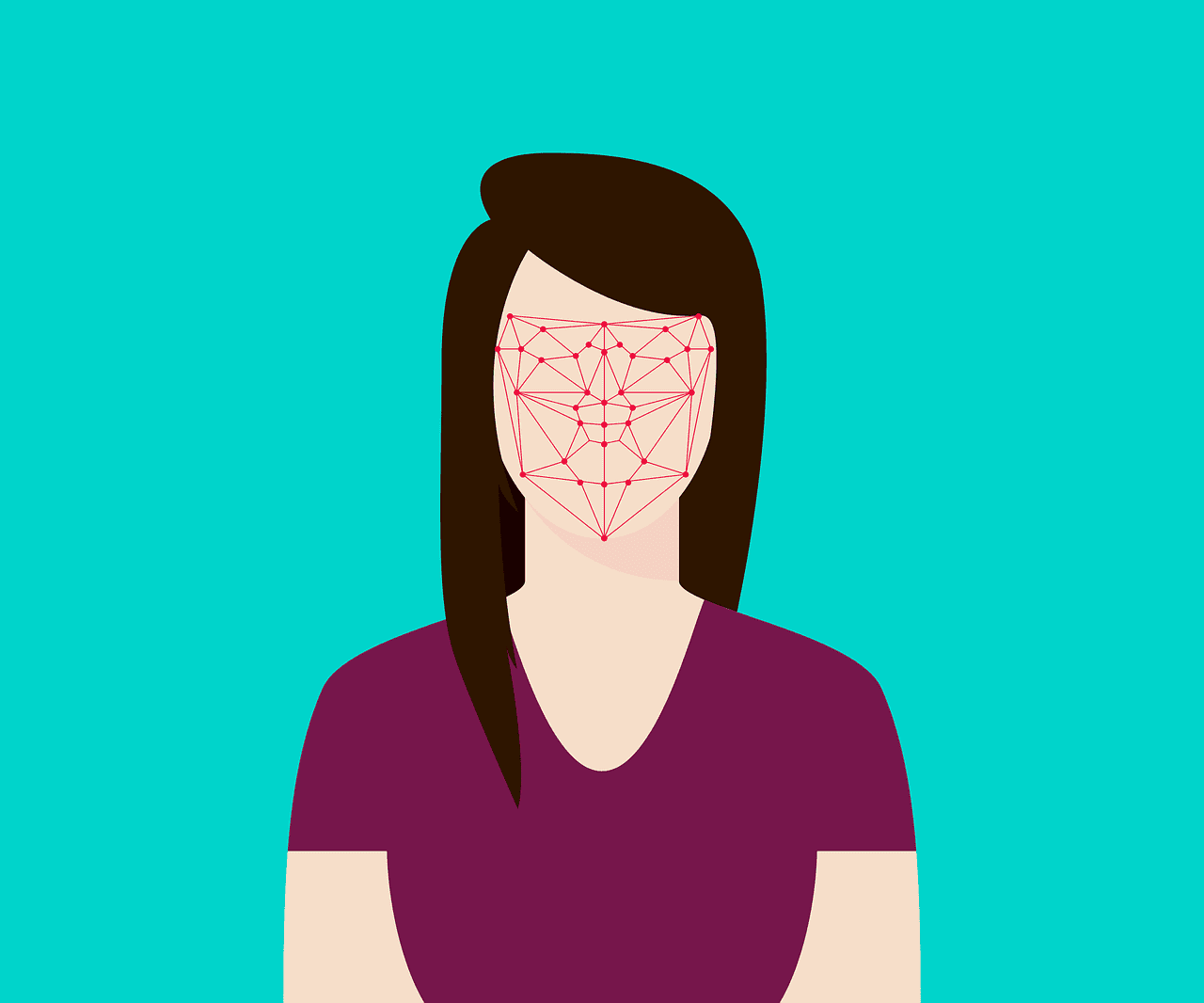The concept of local, state and federal governments utilizing facial recognition to sweep across large groups of people at events and transportation hubs is a dystopian nightmare that is coming true all too fast. Putting that aside, using facial recognition software to compare a passport photo to the individual presenting said passport is proving its merits. Very few people are “super recognizers” and while training helps, the fact is NIST research indicates AI does a better job than even most people that have been trained. In this case Border Patrol systems that have been using facial recognition at Dulled International Airport for just three weeks has already identified its second imposter:
“US Customs and Border Protection biometric security checks at Washington Dulles International Airport has intercepted a second impostor trying to enter the US in just its third week of operation.
A 26-year-old woman, who arrived on a flight from Accra, Ghana Saturday morning, presented a U.S. passport to a CBP officer for admission as a returning citizen. Utilizing the new facial comparison technology, the CBP officer established that the traveler was not a match to the passport and referred her for further examination. A secondary examination confirmed that the traveler was a Ghanaian citizen and an impostor to the U.S. passport.
CBP is withholding the woman’s name while an investigation continues.
Posing as someone else when attempting to enter the United States is a serious violation of U.S. immigration law that could result in criminal prosecution. Inadmissible criminals and other foreign nationals routinely attempt various means to enter the United States, and may use stolen, purchased or “borrowed” passports.
“Customs and Border Protection’s facial comparison system is highly effective and efficient at detecting impostors,” said Casey Durst, CBP’s Director of the Baltimore Field Office. “CBP’s facial comparison system has a match rate of 99% making it extremely difficult for criminals, terrorists or impostors to enter the country using another person’s identification and travel documents. This is just one of many ways in which CBP is working to enhance the security of the U.S. while at the same time designing travel processes that are more efficient for the average person.”
Metropolitan Washington Airports Authority partnered with CBP at Washington-Dulles International Airport to deploy biometric entry and exit technology using facial comparison to provide additional security and to improve efficiency for international travelers. The new, simplified arrival process enables increased security, faster throughput, and better efficiency.
The impostor intercepted at Washington Dulles International Airport today was the second using the new technology since its rollout less than three weeks ago.”
Overview by Tim Sloane, VP, Payments Innovation at Mercator Advisory Group











